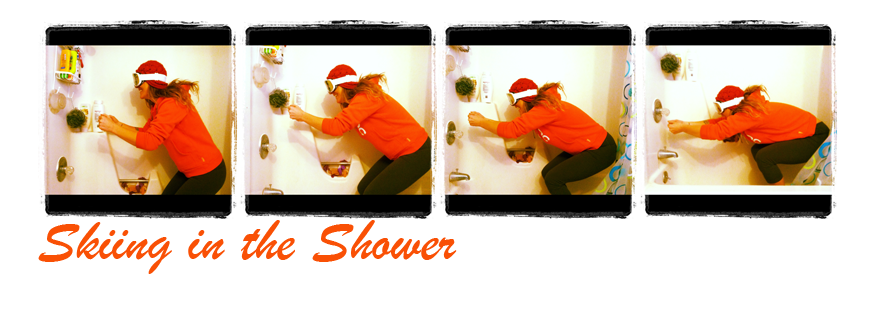Wow, I got so many great emails from Compassion for the French Tipped! The main theme from everyone seems to be one of my other favorite puzzles, which I read on a tea bag once, I have no idea who said it. "Recognize that the Other Person is You."
This is probably the best cue for suddenly and completely letting go of my ego that I can find. Every time it occurs to me, I find that I have a lot of love in my heart, more grace, more compassion, and I'm grateful to that other person for reminding me to be kind.
I suppose its been said in a bunch of different ways. "Treat others as you would be treated" "Do unto others as you would have them do unto you" "Lead by example" and so on. But it never really hit home for me until I read that tea bag about five years ago.
Recognize that the other person is you.
This summer, I wrote it on the board at the stables, and I got a succinct answer: "What?" to which I replied with my own understanding of that lovely layered sentiment, which I thought I'd share with y'all.
I think that recognizing that the other person is you means that when you are talking with someone, observing someone, or interacting in any way with someone, even if its just you from a distance looking at them, if you can have the awareness to recognize that that other person, in another place and time, could be you, suddenly, the thoughts you are having reflect back at you as though you are looking in a mirror.
You could be, and are being, watched, sized up, judged, critiqued, examined, and so on. In this moment, you have a choice. You have the opportunity to see the other person as the mirror that they are for you.
Whatever you are seeing that might be repellant to you probably jumped out at you because you have fears in your own person about that thing. Looking in a mirror is frightening, and looking at another person is often looking in the mirror. We refuse to see that the thing that scares or disgusts us is likely a reflection from our own lack or prejudice. But if you recognize that the other person is you, you are less likely to be so harsh.
It's hard to admit when the fear you are feeling, or the frustration, anger or annoyance is amplified because you know that you have struggled in the past with the same issue, or you hope never to struggle with that issue because you find it repugnant. But how easily could that person have been you?
Remember that old saying, "There but for the grace of God go I." I don't think that's accurate. I think, and this is a bit esoteric, but I think that that person IS you. There is an old Zen koan which says, "You are the leaf, and the bug, and the root." And I think that this idea means that you are the other person, as well.

No comments:
Post a Comment